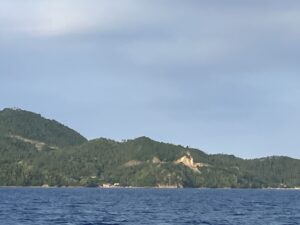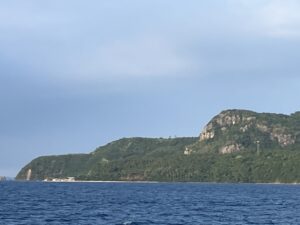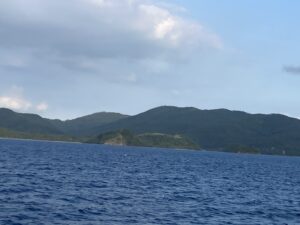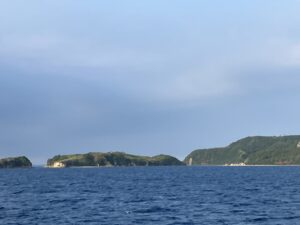



Marinduque Island Innovation on local history, cultural studies and religious traditions/heritage education
Abstract
The island of Marinduque is the heart and geodetic center of the Philippine archipelago. Primarily, it is known for two reasons: one is because of the colorful Lenten rites and two due to the mine tailings disaster. Since early 19th century when the moryonan tradition took shape as syncretism of Philippine religious belief in 1807 with Fr. Dionisio Santiago’s reenactment of St. Longinus conversion to Christianity and eventual beheading. Fast forward to the 1960s, when a couple of transnational mining companies operated in the province and its demise by 1990s with the collective action of the locals and townsfolks against the corporations. It has been a sacred pact or panata to keep the moratorium to extractive industries. With these backdrop, an emergent alternative is molding the future of the island. Creative Innovation through local history with the republication of Local History of Marinduque and the Battles of Paye with Pulang Lupa during the centennial celebration which coincided with the covid19 pandemic. Likewise, with the permutation of cultural studies and lifelong pedagogies, the graduate school and the community-based outcomes produced some local culture profiles in Gasan and Santa Cruz, likewise a collaboration with Marinduque and Quezon in time for the 500 years of the circumnavigation of the globe and the beginnings of Christianity. Finally in terms of belief systems and worldviews, Marinduque is known as the Lenten mecca of the Philippine archipelago. With the localized observation of lent and the Holy Week focused on the iconic Moryonan rites or popularly known as moriones festival . This ongoing discussion hopes to provide an axis of history, culture and religion as part of island and archipelagic heritage studies. The outcomes of the investigation is a creative innovation of existing and desired, preferred futures hopefully viable to other islands in/ and the archipelago.
Keywords: heritage education, local history, cultural studies, island innovation, creative futures